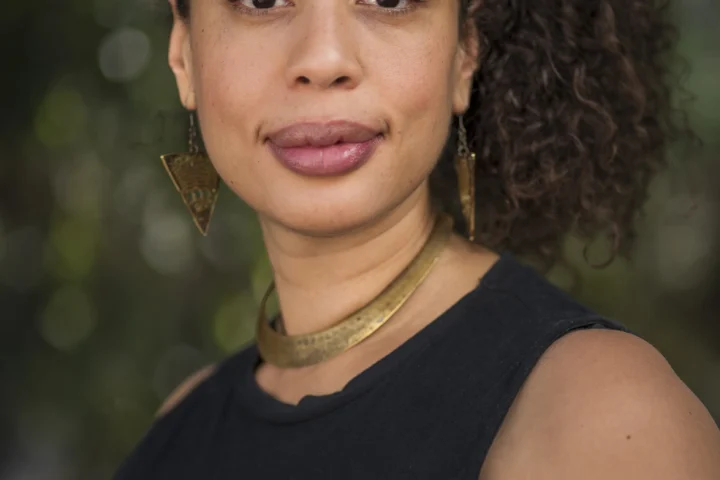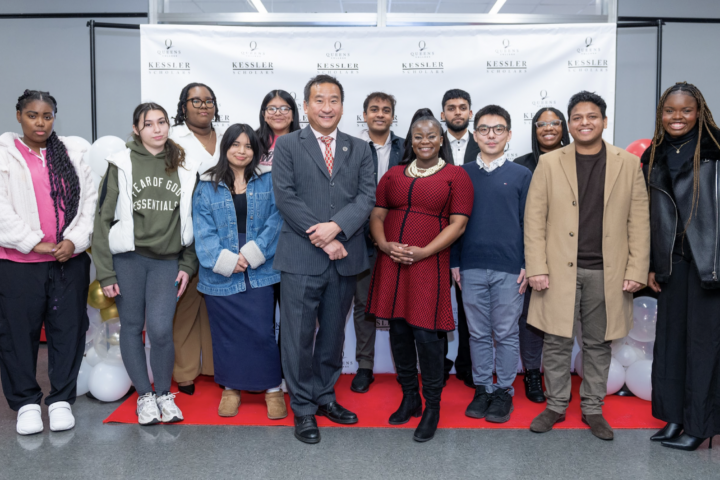The Professional Staff Congress may use a tactic never used in the history of the union—the strike.
While the union told its members it would not plan a strike, it would consider authorizing its use through a vote in the future if it does not receive a contract offer from CUNY. In fact, Barbara Bowen, president of the PSC, sent a message to members that authorization of striking did not mean it would use the tactic.
“I want to be clear: the PSC leadership is not calling for a strike. We are doing everything we can to reach a fair contract settlement without the need to strike. But given CUNY management’s continued failure to secure state funding and put an economic offer on the table, we cannot rule out being prepared for a strike,” Bowen said.
The PSC’s members, which total more than 20,000 faculty and staff throughout CUNY, still work without a contract since 2010. As of now, they technically work under the expired contract’s rules.
The union is pressuring CUNY for a new contract. From organizing a mass disruption rally on Nov. 4 to using hashtags like #CUNYNeedsARaise on Twitter, the PSC and its members are using other strategies, like a strike authorization vote, as talks are still stagnate.
Joshua Freeman, a distinguished professor at Queens College, said there are different versions of what a strike looks like, including work slowdowns and calling sick into work.
“[A strike is] when workers withhold their labor,” Freeman said.
However, Freeman, a member of the PSC, noted the tactic is rare and risky.
In New York, the risks of striking are severe because of the Taylor Law. It prohibits public employees from engaging in strikes and allows collective bargaining, which refers to negotiations between employers and employees for an agreement. Striking may result in penalties such as payroll deductions.
“The Taylor Law penalty for a worker is the loss of two days of pay for every day on strike. That’s a stiff penalty in itself,” Freeman said.
The Public Employees Relations Board, a state agency, handles such penalties as it did to Metropolitan Transportation Authority members and their union in a 2005 strike. Alternatively, a judge may send an injunction, usually requested by an employer, to stop a union’s strike.
The Taylor Law passed in 1967, during a period Joe Burns, author of “Strike Back” and “Reviving the Strike,” said public employees felt the government could not interfere with the right to strike.
“Public employees have long considered the right to strike essential in collective bargaining. They’ve relied not on state law, which is written by the government. Instead, they’ve looked at human rights fundamental to labor,” Burns said.
PSC members did vote to authorize the use of a strike in 1973 because of a lack of a contract by CUNY at the time. However, the union agreed to a contract with administrators, avoiding a strike.
Burns noted that a strike provides power for workers when issues with an employer emerge.
“If we take away that right, we lose a significant input of workers,” Burns said. “By striking, workers are temporarily forgoing their livelihoods to pressure management to reach an agreement.”
A strike would affect students across college campuses. However, Bowen referred to other actions by professors across the country, including the strike Seattle teachers waged last September, as similar to the struggle of the union.
“We are up against a planned, systematic effort to devalue our labor as academic workers and to deny our students a high-quality education. By announcing the plan to hold a strike authorization vote, we link our fight to the fights of teachers across the country who have stood up for their own dignity on the job and against racial and economic injustice,” Bowen said.













